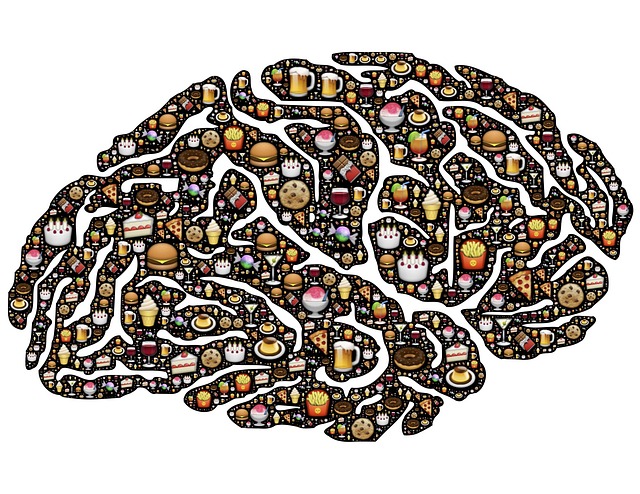Increased appetite: what does it signal and what causes it?

Appetite is a natural part of us. Increased appetite occurs mainly after physical activity, in children because of growth. Increased appetite is a normal part of pregnancy. It also occurs as a result of various diseases, for example metabolic or endocrine.
Increased appetite (hyperorexia) can be natural in some situations. In some cases, of course, it accompanies a disease or even a psychological disorder. It is common with excessive stress levels and exhaustion.
Increased appetite as a natural state
Occurs when the body is previously overly exhausted. Especially when physically exhausted or after strenuous sporting activity. One is naturally hungry and needs to replenish depleted energy reserves in the body.
Also, during convalescence or some illness that was accompanied by an aversion to food or its reduced intake. This is a typical reaction of the organism, in case of the need to replenish energy.
Increased appetite during pregnancy

Increased appetite can also occur during pregnancy. It is also not a sign of illness. The expectant mother needs a higher supply of energy and nutrients. This is because she is also supplying nutrients to the fetus.
Of course, it also occurs because of hormonal changes as a result of fertilization of the egg. Hormonal changes also occur in a woman during the ovulation and menstrual phases. It is normal to experience a higher appetite during this period as well, as for example before menstruation.
During pregnancy, it is important that the diet is versatile, varied, rich in vitamins and trace elements. It should contain all the components of food and should not be monotonous. Proper nutrition is important for the future mother and the fetus. The prohibition applies to diets, especially reduction diets.
It is also natural for children in the period of growth
Increased appetite is also natural in children during the growth period. Sometimes such appetite even appears after undergoing some surgery in childhood, when the body will require increased food intake during a longer period.
Even during this period, it is important that eating habits include an all-round, rational diet. Restriction or, on the contrary, a monotonous excess of a dietary component should be avoided. Equally important is regular exercise and an overall balance of energy intake and expenditure.
Other causes of increased appetite
The problem can be when the stomach is overstretched. This is when excessive appetite and feelings of hunger occur due to a lack of satiety directly in the digestive system.
This is when there is a risk of becoming overweight. Overweight and obesity are characterised by an increased appetite. If the person has little exercise, excess energy (fat in the body) is stored and weight is increased.
Overweight and obesity in children carries other risks.

The problem can also be hormonal. For example, when there is a deficiency of hormones such as serotonin and leptin. Leptin increases appetite for the reason that this hormone regulates these taste sensations. It increases appetite according to the amount of fatty tissue in the body.
Another example is damage to the hypothalamus. Other damage to this part of the brain can also be caused by bleeding, aneurysm or tumour.
The increase in metabolism is due to overproduction of hormones in the thyroid gland. This is typical of hyperthyroidism. This can bring with it an overall increase in metabolism and thus a greater feeling of hunger.
Feelings of hunger also occur to a greater extent in some forms of diabetes, for example, when blood sugar levels are reduced, there are also stronger feelings of hunger. This condition is called hypoglycaemia.
More information is given in the magazine article.

Increased appetite can also have psychological causes, for example, a person under prolonged psychological stress. Also, people suffering from lack of sleep may have a greater feeling of hunger and craving for food. This is a psychological form of defence of the body.
Also, in some eating disorders, bouts of excessive hunger and increased appetite may occur for a short period of time, for example in bulimia. Although people with this disorder have the goal of losing weight, the disorder is accompanied by frequent bouts of binge eating.
The condition of increased appetite or overeating also occurs in some cases of depressive disorder or anxiety. Sometimes increased appetite occurs as a result of withdrawal symptoms, for example when quitting smoking. When a person wants to replace one addiction with another.
Certain medications will also increase appetite. These include antidepressants, antipsychotics, but also corticosteroids. Targeted administration of vitamin B12 is used specifically to increase appetite.
Prader-Willi syndrome is a rare disease caused by a genetic defect in chromosome 15. It is characterised by a high, uncontrollable appetite, short stature, hypogonadism (reduced testosterone levels) and mental retardation.
Video on Excessive Appetite
Diseases with symptom "Increased appetite"










